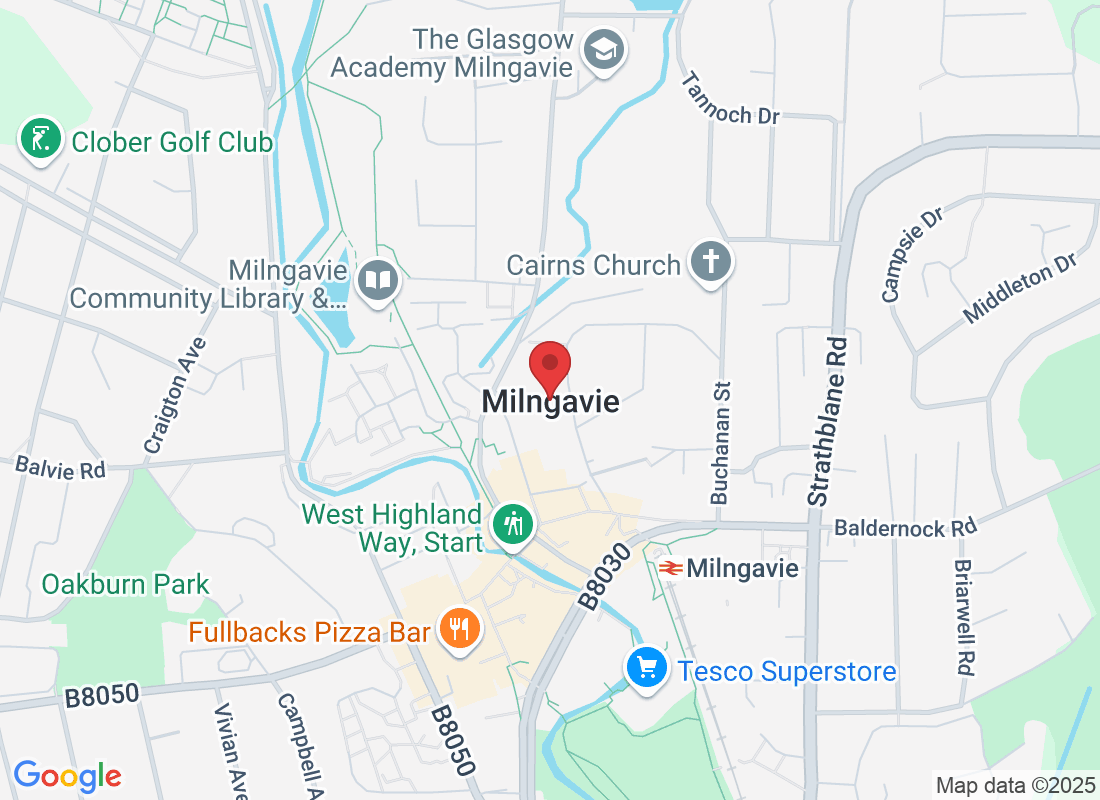
Living with Receptive Aphasia: You're Not Alone, and Help Is Available
Do people talk to you, but you can't understand what they mean?
Do the words sound like a puzzle, even when you know the person well?
This can feel scary, confusing, and lonely. But you're not alone—and you can get help.
This condition is called receptive aphasia. It can happen after a stroke, brain injury, or illness. Let’s look at what it means, how it feels, and what can help.
What Is Receptive Aphasia?
Receptive aphasia means it’s hard to understand spoken or written words.
You may hear the words, but they don’t make sense.
You may read a sentence but not know what it means.
This is not about your hearing or your eyesight.
It’s about the brain having trouble with language.
People with receptive aphasia might:
Struggle to follow conversations
Not understand questions
Find reading hard or confusing
Feel lost during group chats
Answer in ways that don’t match the question
You may still be able to speak clearly—but feel unsure because you can’t understand what others are saying. That can be frustrating and upsetting.
You're Still You
If you have receptive aphasia, it may feel like people think you don’t understand anything. That’s not true.
You are still smart.
You still have your thoughts, memories, and opinions.
You just need new ways to take in and share words.
Many people feel:
Frustrated – "Why can’t I follow this?"
Embarrassed – "I don’t want to say the wrong thing."
Lonely – "No one understands what I’m going through."
You are not the only one feeling this way.
Many others have faced this and found ways to improve. So can you.
What Can Help?
Speech and language therapy can help you understand words better. A therapist works with you step-by-step to rebuild your skills.
There is no one-size-fits-all. Your therapy will be just for you.
You might learn to:
Understand short, clear sentences
Use pictures or symbols to help communication
Read easier texts and build up slowly
Use helpful apps or tools
Practice with family so they know how to support you
Therapy may take time—but even small steps can make a big difference.
Family and Friends Can Help Too
If someone you love has receptive aphasia, you can support them.
Here’s how:
Speak slowly and clearly
Use short, simple sentences
Point to things or write down key words
Be patient—give them time to understand
Don’t speak for them unless they ask
Most of all—don’t give up on them.
They are still the same person inside.
Real Support in Glasgow
You don’t have to figure this out alone.
At our Glasgow clinic, we help adults with communication difficulties every day.
Whether your aphasia is new or you’ve been living with it for a while, we offer:
Home visits, online sessions, or clinic appointments
Tailored therapy plans based on your needs
Support for family members so everyone feels confident
We’ve seen people go from feeling lost in conversations to laughing and chatting with loved ones again.
You Deserve Support
You did not choose aphasia—but you can choose to get help.
With the right support, understanding can improve.
Life can feel easier. Conversations can become fun again.
You are not alone. And with support, things can get better.
📞 Ready to Take the First Step?
If you or someone you care about is struggling with receptive aphasia, we’re here to help.
Book a free phone consultation today and let’s talk about how we can support you.



